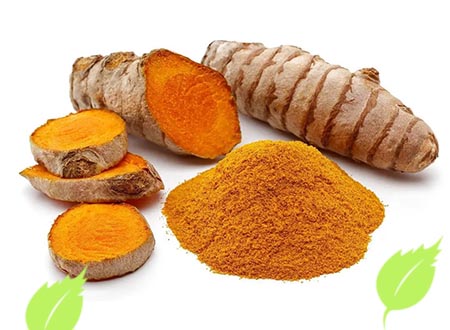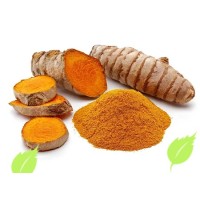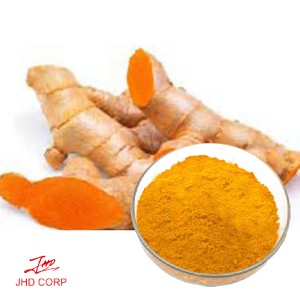Is turmeric root extract curcumin powder an effective immunomodulator?
Several studies have suggested that curcumin powder may have immunomodulatory properties. For example, research has indicated that curcumin can modulate the activity of various immune cells.
Turmeric root extract, specifically curcumin powder, has been the subject of numerous studies investigating its potential as an immunomodulator. Immunomodulators are substances that can either enhance or suppress the immune system, and there is growing interest in natural compounds such as curcumin for their potential immunomodulatory effects.
Several studies have suggested that curcumin, the active compound in turmeric root extract, may have immunomodulatory properties. For example, research has indicated that curcumin can modulate the activity of various immune cells, including T cells, B cells, macrophages, and natural killer cells. These effects may help to regulate immune responses and contribute to overall immune system health.

In addition to its direct effects on immune cells, organic curcumin powder has also been shown to exhibit anti-inflammatory and antioxidant properties. Chronic inflammation and oxidative stress can hurt the immune system, and by reducing inflammation and oxidative damage, curcumin may indirectly support immune function.
Furthermore, turmeric curcumin powder has been investigated for its potential to modulate immune responses in the context of specific health conditions. For example, some studies have explored the use of curcumin as a supportive therapy for autoimmune diseases, where the immune system mistakenly attacks the body's own tissues. While more research is needed in this area, the preliminary findings suggest that curcumin may offer benefits for immune system regulation in autoimmune conditions.
It's important to note that while there is evidence to support the immunomodulatory potential of curcumin, the research in this area is still evolving. Many of the studies conducted so far have been preclinical or small-scale clinical trials, and larger, well-controlled studies are needed to fully understand the effects of curcumin on immune function in humans.
Additionally, the bioavailability of curcumin is a key consideration when evaluating its potential as an immunomodulator. Curcumin has poor bioavailability on its own, meaning that it is not easily absorbed and utilized by the body. Researchers have been exploring various methods to improve the bioavailability of curcumin, such as combining it with other compounds or using specialized delivery systems.















